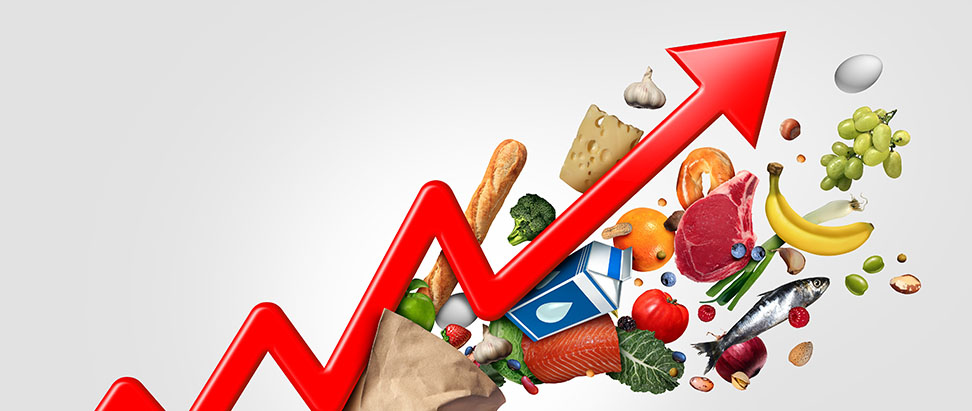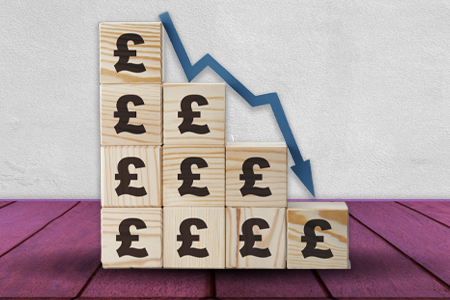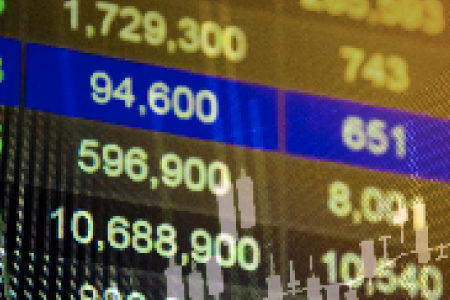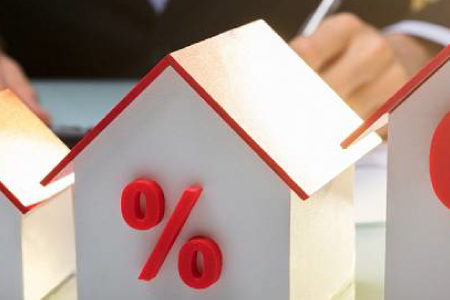
The Battle of Inflation: Inflation Linked Bonds
Inflation is one of the most detrimental forces facing investors as it erodes the real returns of your investment. Inflation linked bonds can be used to eliminate the risk of inflation, however recent performance in bond markets, coupled with interest and inflation rate expectations, have led to investors questioning their added benefit within a portfolio.












